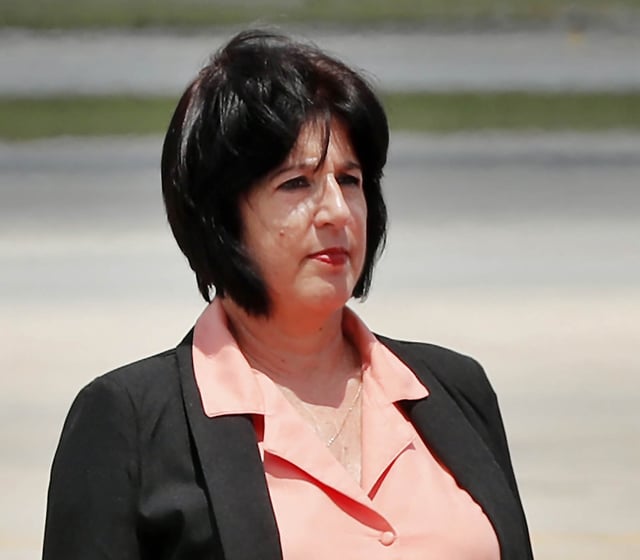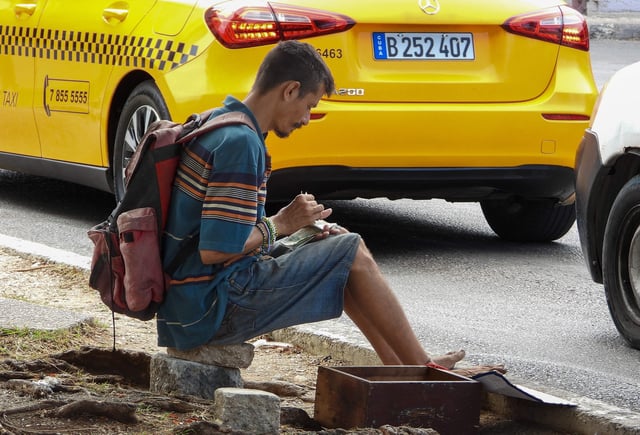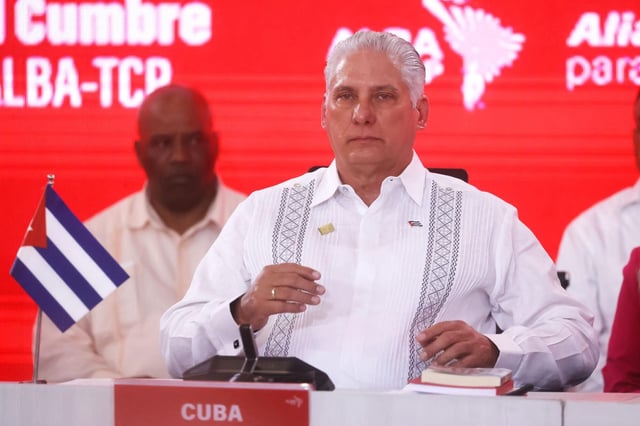Overview
- Marta Elena Feitó declared before Parliament on July 15 that Cuba has no real beggars, accusing street vendors of “disguising” themselves and labeling windshield washers as seeking an “easy” life.
- Her comments prompted sharp criticism from economists, artists and social media users who highlighted growing street-level poverty and accused her of hypocrisy.
- President Miguel Díaz-Canel publicly denounced her lack of sensitivity and emphasized the revolution’s responsibility to protect vulnerable citizens.
- The Communist Party’s Politburo and Council of State accepted Feitó’s resignation on July 16 after she acknowledged “errors” in her parliamentary intervention.
- The episode has underscored Cuba’s deepening economic crisis, marked by soaring inflation, shrinking social safety nets and an uptick in visible hardship.



